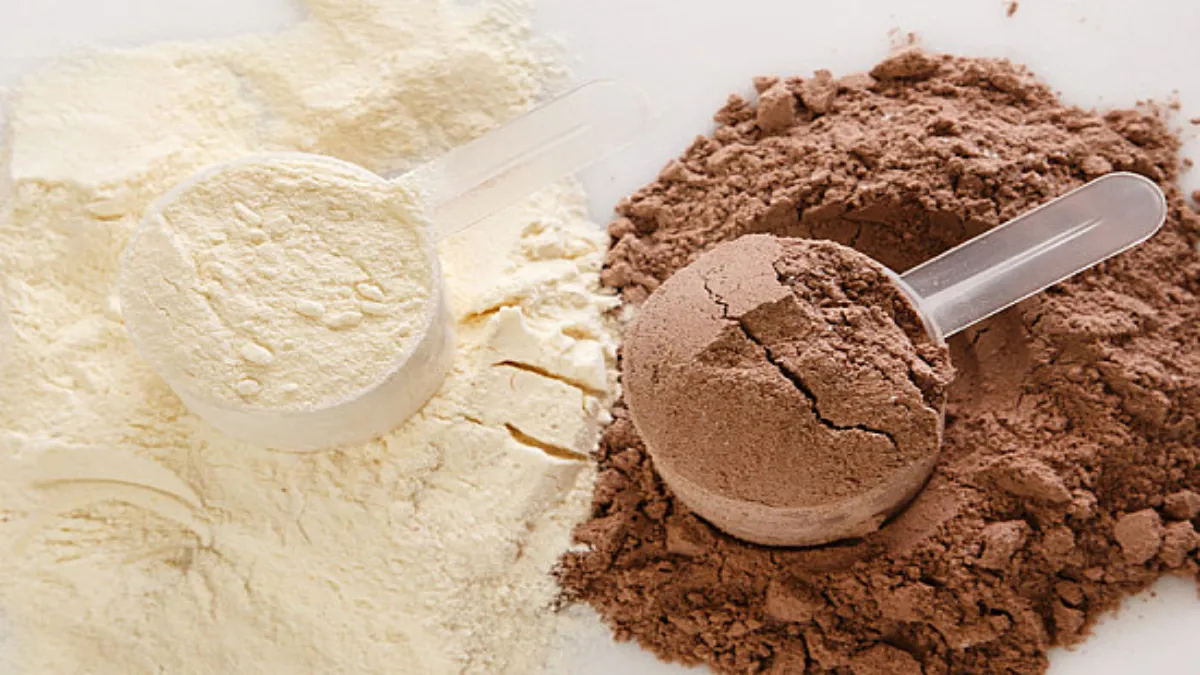When it comes to enhancing athletic performance, building muscle, and supporting overall fitness goals, two popular supplements often take center stage: protein and creatine. While both play crucial roles in muscle development, they serve different purposes. In this article, we’ll unravel the differences between protein and creatine, helping you make an informed decision about which supplement aligns best with your fitness objectives.
Protein: The Building Blocks of Muscle
What is Protein? Protein is an essential macronutrient made up of amino acids, the building blocks of muscles, tissues, and organs. It is crucial for repairing and building new tissues, supporting immune function, and maintaining overall health.
Benefits of Protein:
- Muscle Building: Protein provides the amino acids necessary for muscle protein synthesis, promoting muscle growth and repair.
- Satiety: Including protein in your diet helps you feel full and satisfied, supporting weight management goals.
- Immune Support: Amino acids from protein contribute to the production of antibodies, supporting a robust immune system.
- Cellular Functions: Proteins play a role in various cellular processes, including enzyme activity and signaling.
Sources of Protein:
- Animal sources: Meat, poultry, fish, eggs, and dairy products.
- Plant sources: Beans, lentils, tofu, quinoa, and plant-based protein supplements.
Creatine: Fueling Energy Production
What is Creatine? Creatine is a natural compound found in small amounts in certain foods and synthesized by the body. It plays a key role in the production of adenosine triphosphate (ATP), the primary energy currency of cells.
Benefits of Creatine:
- Increased ATP Production: Creatine enhances ATP regeneration, providing quick bursts of energy during high-intensity activities.
- Muscle Strength: Creatine supplementation has been shown to increase strength during resistance training.
- Muscle Recovery: Creatine may aid in faster muscle recovery between bouts of intense exercise.
- Brain Health: Emerging research suggests potential cognitive benefits of creatine supplementation.
Sources of Creatine:
- Animal sources: Beef, pork, fish.
- Supplement form: Creatine monohydrate is the most common and well-researched form.
Choosing Between Protein and Creatine: Consider Your Goals
1. Muscle Building:
- Protein: Essential for muscle protein synthesis, making it a foundational component of muscle-building efforts.
- Creatine: Supports muscle growth by enhancing strength and performance during resistance training.
2. Endurance and Energy:
- Protein: Provides sustained energy, aids in muscle recovery, and supports endurance.
- Creatine: Boosts short-term, high-intensity energy, beneficial for activities like weightlifting and sprinting.
3. Weight Management:
- Protein: Supports satiety, helping control appetite and potentially aiding in weight loss or maintenance.
- Creatine: While not directly linked to weight loss, it may contribute to improved exercise performance, which can impact overall weight management.
4. Dietary Preferences:
- Protein: Suitable for both omnivores and vegetarians/vegans, with diverse food and supplement options.
- Creatine: Mainly sourced from animal products, but vegetarian/vegan creatine supplements are available.
Conclusion: A Synergistic Approach
In the debate of protein vs. creatine, it’s important to recognize that these supplements are not mutually exclusive. In fact, they can complement each other to support diverse fitness goals. Many athletes and fitness enthusiasts choose to incorporate both protein and creatine into their nutrition and supplementation routines, reaping the benefits of muscle support, enhanced performance, and overall well-being.
Ultimately, the choice between protein and creatine depends on your individual goals, dietary preferences, and overall health considerations. Whether you opt for a post-workout protein shake, a creatine supplement, or both, consulting with a healthcare professional or nutrition expert can help you tailor your supplementation strategy to align with your unique fitness journey.


